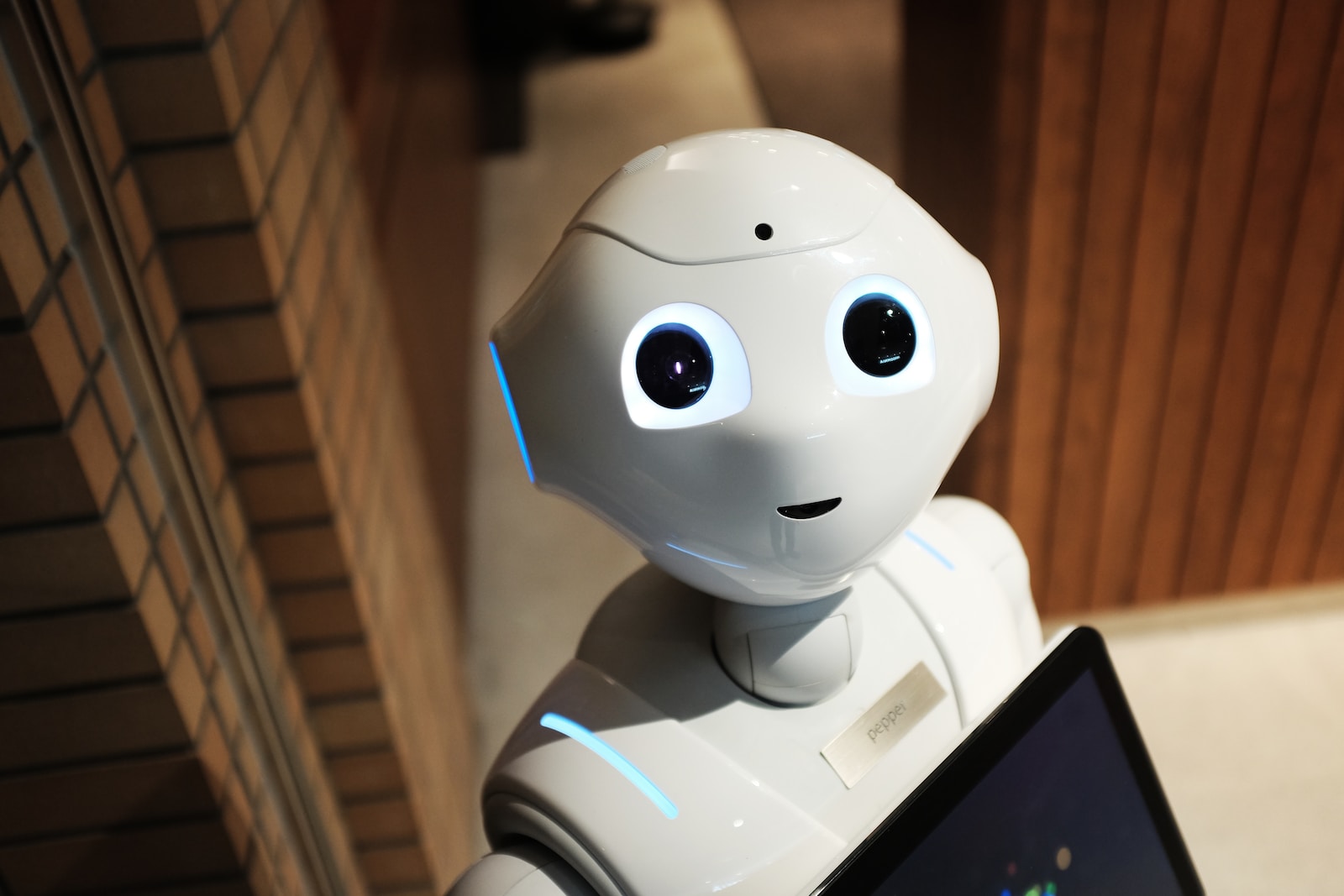The healthcare industry is undergoing a significant transformation with the integration of generative artificial intelligence (AI) technologies. These advancements hold immense potential to revolutionize patient care, improve diagnoses, enhance treatment outcomes, and streamline healthcare operations. In this blog post, we will explore the intersection of healthcare and generative AI, highlighting the groundbreaking applications, benefits, and challenges in this rapidly evolving field.
Enhancing Medical Imaging and Diagnostics:
Generative AI algorithms have demonstrated exceptional capabilities in medical imaging analysis, aiding in more accurate diagnoses and timely treatment decisions. By analyzing vast amounts of medical data, these algorithms can detect subtle patterns and anomalies that may go unnoticed by human observers. This technology enables faster and more precise identification of diseases, such as cancer, and assists radiologists in providing better patient care.
Personalized Medicine and Treatment:
Generative AI has the potential to revolutionize personalized medicine by analyzing patient data and generating tailored treatment plans. By considering an individual’s unique genetic makeup, medical history, and lifestyle factors, AI algorithms can predict treatment responses and recommend personalized interventions. This approach maximizes treatment efficacy, minimizes side effects, and optimizes patient outcomes.
Streamlining Healthcare Operations:
Generative AI solutions can streamline various administrative and operational aspects of healthcare delivery. For example, AI-powered chatbots and virtual assistants can handle routine patient inquiries, schedule appointments, and provide basic medical advice. Additionally, AI algorithms can analyze large datasets to optimize resource allocation, predict patient flow, and enhance operational efficiency in hospitals and healthcare facilities.
Drug Discovery and Development:
The process of drug discovery and development is time-consuming and costly. Generative AI techniques offer tremendous potential in accelerating this process by analyzing vast chemical and biological datasets, predicting drug-target interactions, and designing novel molecules. This can lead to faster identification of potential therapeutic candidates and significantly reduce the time and resources required for bringing new drugs to market.
Challenges and Ethical Considerations:
While generative AI holds immense promise in healthcare, there are important challenges and ethical considerations to address. These include data privacy and security, algorithm transparency and interpretability, potential biases in AI models, and ensuring the responsible and ethical deployment of these technologies. Close collaboration between AI experts, healthcare professionals, and regulatory bodies is essential to ensure the safe and ethical implementation of generative AI in healthcare.
Generative AI has the power to transform healthcare by revolutionizing medical imaging, enabling personalized treatment, streamlining operations, and accelerating drug discovery. As this field continues to evolve, it is crucial to navigate the challenges and ethical considerations to ensure the responsible and beneficial integration of generative AI in healthcare. By harnessing the potential of this technology, we can advance patient care, improve outcomes, and usher in a new era of innovation in healthcare delivery.


Leave a Reply